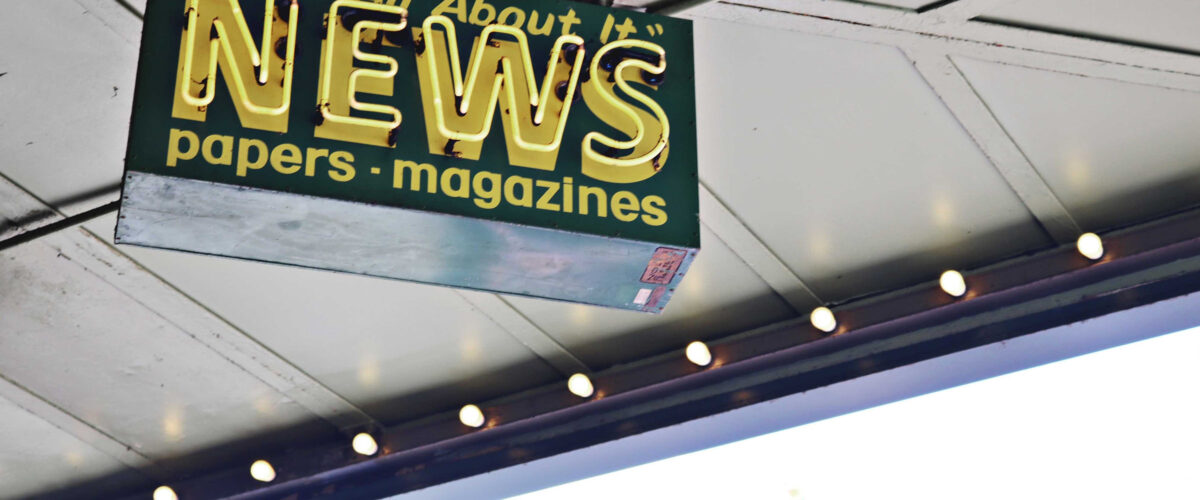
What is an Insurance Property Inspection?
When a real estate investor purchases a new rental property and finds a proper insurance policy to provide coverage, the insurance carrier will then continue the process with an inspection in the first 30 days of submission. A property insurance inspection for residential or commercial buildings will assess the replacement cost, identify any risks to correct, and confirm eligibility for the insurance carrier’s terms and conditions.
A property insurance inspection benefits both the owner and insurance carrier. It can give a property owner peace of mind that the structure’s conditions are safe for an investment property and that it has been accepted by the carrier to provide coverage. In some situations, the inspector could reveal unknown pre-existing damage or a liability risk for the property owner. The owner must then correct the issues within a specified deadline. The average time limit to correct these results after an inspection is 30 days.
Depending on the dwelling limit, the insurance inspection may consist of an exterior and interior inspection. High value homes often require an interior inspection to reassure the properties’ high-end features and value. However, most rental properties only require an exterior inspection to look at the property’s conditions and current materials. The inspector will look at the roof, siding, chimney, entrance and windows. Other potential hazards would include trees, damaged sidewalks, or driveway debris etc. The inspector will document these results and take photos to complete the report.
Each carrier’s inspection list varies, but below are some of the most common items the inspector will be looking for:
- Dwelling conditions
- Age and type of roof
- Type of siding
- Number of floors
- Type of foundation
- Cracks on foundation
- Number of units if multifamily
- Occupancy
After you have signed and submitted your new insurance application, your agent should notify you of the upcoming inspection. That way you can be prepared prior to the inspector arriving, it is highly recommended that you assess the following areas:
- Roof for any loose or missing shingles.
- Gutters are secured to the home properly and clear out any debris.
- Trim any overhanging branches or dead limbs that could present a hazard to roofing or other parts of the home.
- Remove any remodeling debris
- Assess any other potential hazards.
If your real estate property does not pass the inspection and you disagree with the inspector’s decision, you can meet with your insurance agent to discuss the failed inspection further. There are situations where the inspector makes a mistake and assesses another property. Your insurance agent can request a second inspection (in most cases) to fix the misunderstanding or may be able to send updated photos to the underwriter.
When the insurance carrier cancels an insurance policy due to a failed inspection, you should have an average of 30 days to discuss the cancelation with your agent, there will be three options:
- Make the necessary repairs within the time frame given by the carrier.
- Dispute the unfair cancellation with a complaint with the Division of Insurance.
- Shop for a different insurance company (please remember you will have another inspection with the new carrier).
Any concerns regarding the property insurance conditions, occupancy, or type of ownership should be addressed with your agent to avoid having any issues with the insurance inspection and eligibility. I personally have been an insurance agent for real estate investors for several years and would be happy to answer any questions potential investors might have. Please feel free to reach out to me anytime!
